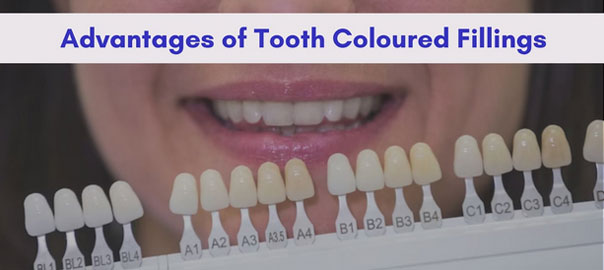
Is it RCT or RTC?
In dentistry, one of the most common misconceptions revolves around the abbreviation for Root Canal Treatment (RCT). Many mistakenly refer to it as RTC, but it’s essential to clarify the correct terminology. Let’s explore the truth about root canal treatment, shedding light on its importance, procedure, and the benefits it offers to patients.
- Saving Your Tooth The Purpose of Root Canal Treatment
- Understanding the Consequences Untreated Infections and Tooth Loss
- The Journey to Relief Step-by-Step Root Canal Treatment
- Precise Elimination Removing Infected or Damaged Pulp
- Achieving Cleanliness Thorough Canal Cleaning and Shaping
- Sealing the Canal’s Fate Preventing Reinfection and Discomfort
- Preserving Your Natural Smile The Success of Root Canal Treatment
- The Power of Root Canal Treatment
Saving Your Tooth: The Purpose of Root Canal Treatment
Root canal treatment is a dental procedure performed to save teeth that are infected or severely decayed. It involves the removal of infected or damaged pulp (nerves) from the inside of the tooth, followed by cleaning, shaping, and filling the root canals to prevent further infection and discomfort.
Understanding the Consequences: Untreated Infections and Tooth Loss
When the soft tissue inside the tooth, known as the pulp, becomes infected or inflamed, root canal treatment becomes necessary. Neglecting such infections can lead to severe pain, abscess formation, and, ultimately, tooth loss. Thus, it is crucial to address these issues promptly.
The Journey to Relief: Step-by-Step Root Canal Treatment
- a. Administering Comfort: Numbing the Area with Local Anesthesia
To ensure a comfortable experience, dentists or endodontists, who specialize in root canal procedures, administer local anesthesia. This ensures that the patient remains pain-free throughout the procedure.
- b. Gaining Access: The Pathway to the Root Canals
Creating a small access hole in the tooth allows the dentist to reach the pulp chamber and root canals. This precise access enables targeted treatment of the infected or damaged pulp.
- c. Restoring Health: The Core Steps of RCT
Precise Elimination: Removing Infected or Damaged Pulp
Using specialized dental instruments, the dentist carefully eliminates the infected pulp. This step provides relief and halts the spread of infection within the tooth.
Achieving Cleanliness: Thorough Canal Cleaning and Shaping
Thorough cleaning and shaping of the root canals follow the removal of infected pulp. This meticulous process ensures the complete removal of bacteria and debris, creating an environment free from infection.
Sealing the Canal’s Fate: Preventing Reinfection and Discomfort
After cleaning and shaping, the root canals are filled with a biocompatible material called gutta-percha. This sealing process prevents bacteria from reentering the canals, reducing the risk of reinfection. In some cases, a temporary filling may be placed to protect the tooth until a permanent restoration, such as a dental crown, can be applied.
Preserving Your Natural Smile: The Success of Root Canal Treatment
Root canal treatment boasts a high success rate and allows patients to preserve their natural teeth. With advancements in dental techniques and technologies, the procedure has become more comfortable and efficient, minimizing pain and accelerating recovery.
The Power of Root Canal Treatment
Root canal treatment (RCT) plays a vital role in dentistry, rescuing infected or damaged teeth. By removing infected pulp, cleaning and shaping the root canals, and preventing reinfection, RCT helps preserve natural teeth and maintain optimal oral health. If you experience tooth pain or suspect an infection, it is essential to consult a dentist who can evaluate your condition and determine if root canal treatment is necessary. Remember, timely intervention can save your smile and prevent the need for tooth extraction.





